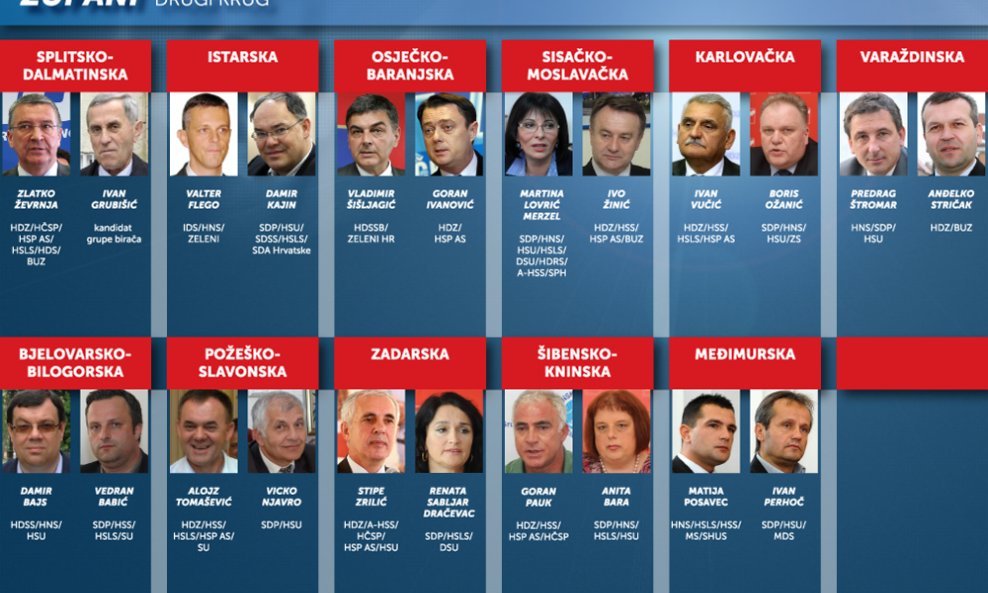A ban on campaigning for the June 2 runoff local election went into force at 2400 hours on Friday and will last until the close of polling stations at 1900 hours on Sunday.
Under the law on elections, the election campaign ends 24 hours before the election. The law says that any campaigning activity, the publishing of estimates of the election result or of preliminary unofficial election results, the publishing in the media of election candidates' photographs, their statements or interviews with them, as well as the citing of their oral or written statements, are forbidden on election day until the close of polling stations, as well as 24 hours before election day.
During the electioneering ban, it is also not allowed to publish results of exit polls. Media companies which commission such surveys may publish their results only after polling stations are closed.
Zagreb, the capital of Croatia, and the other three biggest cities in the country -- Split, Rijeka and Osijek -- will elect their mayors on Sunday when the second round of elections is due to take place anywhere where none of the mayoral candidates managed to muster over 50% of the vote in the first round of vote on 19 May.
Thus, the two top vote-getters will face each other for the mayoral posts in another 15 cities - Varazdin, Karlovac, Krapina, Sibenik, Dubrovnik, Bjelovar, Koprivnica, Zadar, Vukovar, Sisak, Slavonski Brod, Pazin, Gospic, Pozega and Pula as well as for the posts of county prefects in 11 counties, out of a total of 20 counties. The other nine counties had the outright victors after the first round.
The State Election Commission will report on the turnout at 1100 and 1600 hours.
































